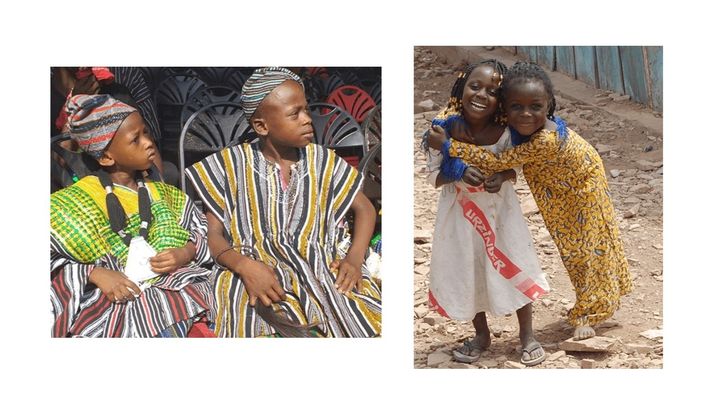
ONE TREE MANY LIVES: an innovative K12 school in rural Ghana
Donation protected
Please donate to help an indigenous African leader build an innovative K12 school in rural northern Ghana. The school will provide indigenous and Western curricula so African kids can learn about their own cultural and natural heritage and preserve them for future generations.
I’m a cultural anthropologist from University of Arizona, and this region is my long-term field site. Phillip Felton, an amazing graduate student and U.S. Air Force member, is also helping to raise funds.
Why build a school in rural northern Ghana?
Savannah Region is Ghana’s largest Region, but has the lowest literacy rates in the country. The British K12 schools in in the north around 1957 as they left at Ghana’s independence. The schools are in bad repair, have poor teacher retention rates, and less than 5% of students pass high school qualifying exams.
Even more worrisome? The schools prepare kids to join European societies instead of their own, because they teach about European culture, history, science, and nature. And nothing about Africa! When young people leave school, they can't see opportunities in their homeland. So they try (and many die) undertaking dangerous migration journeys to reach Europe.
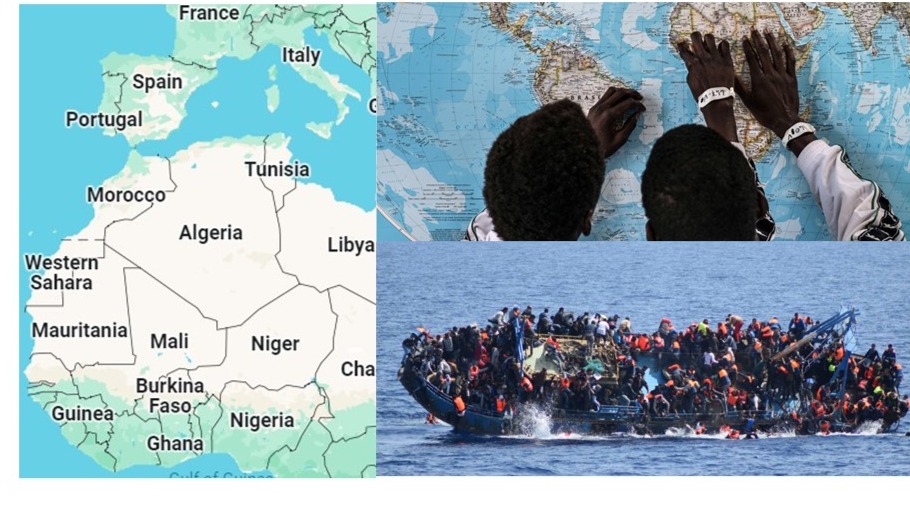
Rashid Iddrisu was one of those kids. It took him 3 years to cross the Saharan Desert and Mediterranean Sea, arriving in Barcelona in 2000. Over many visits back home, he realized the importance of his own culture and traditional knowledge. Now he is helping reconnect African kids to their ancestral identities—a deep solution to many issues facing young Africans.
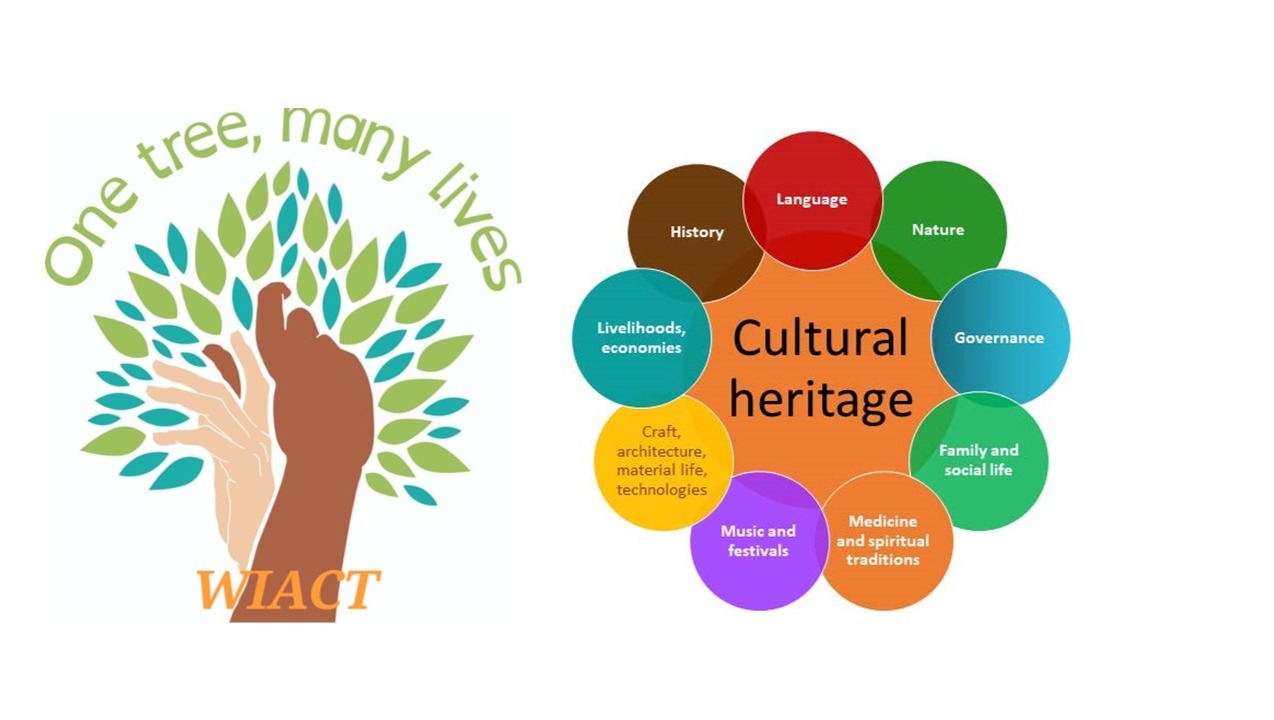
“One Tree, Many Lives” is an initiative of World Institute of Africa Culture and Traditions (WIACT), an NGO that Rashid founded in 2019 to conserve and revitalize African traditional knowledge, indigenous languages, and native flora and fauna, starting in Ghana's Savannah Region. Your gift will help:
(a) build a K12 school and native tree nursery at WIACT HQ in Sawla, Ghana;
(b) develop indigenous curricula that uses traditional ways of passing cultural and ecological knowledge to kids (“sitting with elders”)
(c) begin classes to help traditional place-based knowledge & indigenous cultures persist in future generations, and grown native trees to help many other species live again in the region.
The WIACT school will still include Western/European science, history and culture, adding classes for kids to explore heritage-protection careers using digital monitoring technologies. Combining indigenous and Western education on the WIACT school will demonstrate how to help young people find local opportunities and avoid risking dangerous migration to Europe.
Rashid traveled with four others to reach Europe 25 years ago, but he was the only one who made it.
Funds are urgently needed!
1) Loss of indigenous knowledge is looming, because tribal elders who maintain ancestral knowledge are beginning to pass.
2) Commercial charcoal production & illegal cutting of high-value trees for export are threatening the survival of native tree species. Rosewood was the first, and is now extremely endangered across West Africa. Women are depend on these trees for food and economic security, and their livelihoods are under threat, too.
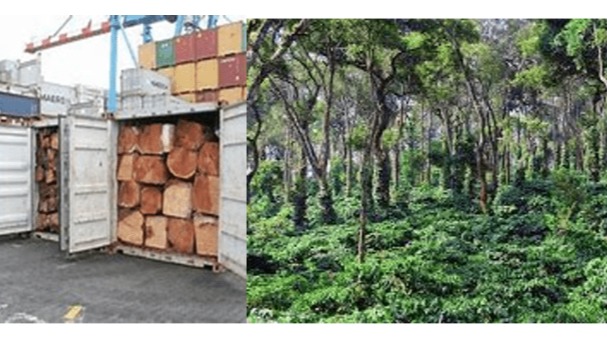
3) During 2023 interviews, 40 tribal leaders reported they hardly ever see many native animals and birds now.
We are ready to start!
- The school will be built on WIACT grounds and will have free-standing circular classrooms (like how parents learned under the shade of a huge mango trees); offices for teachers, headmaster, and library; and washrooms. An experienced K12 teacher from Sawla is ready to start teaching.
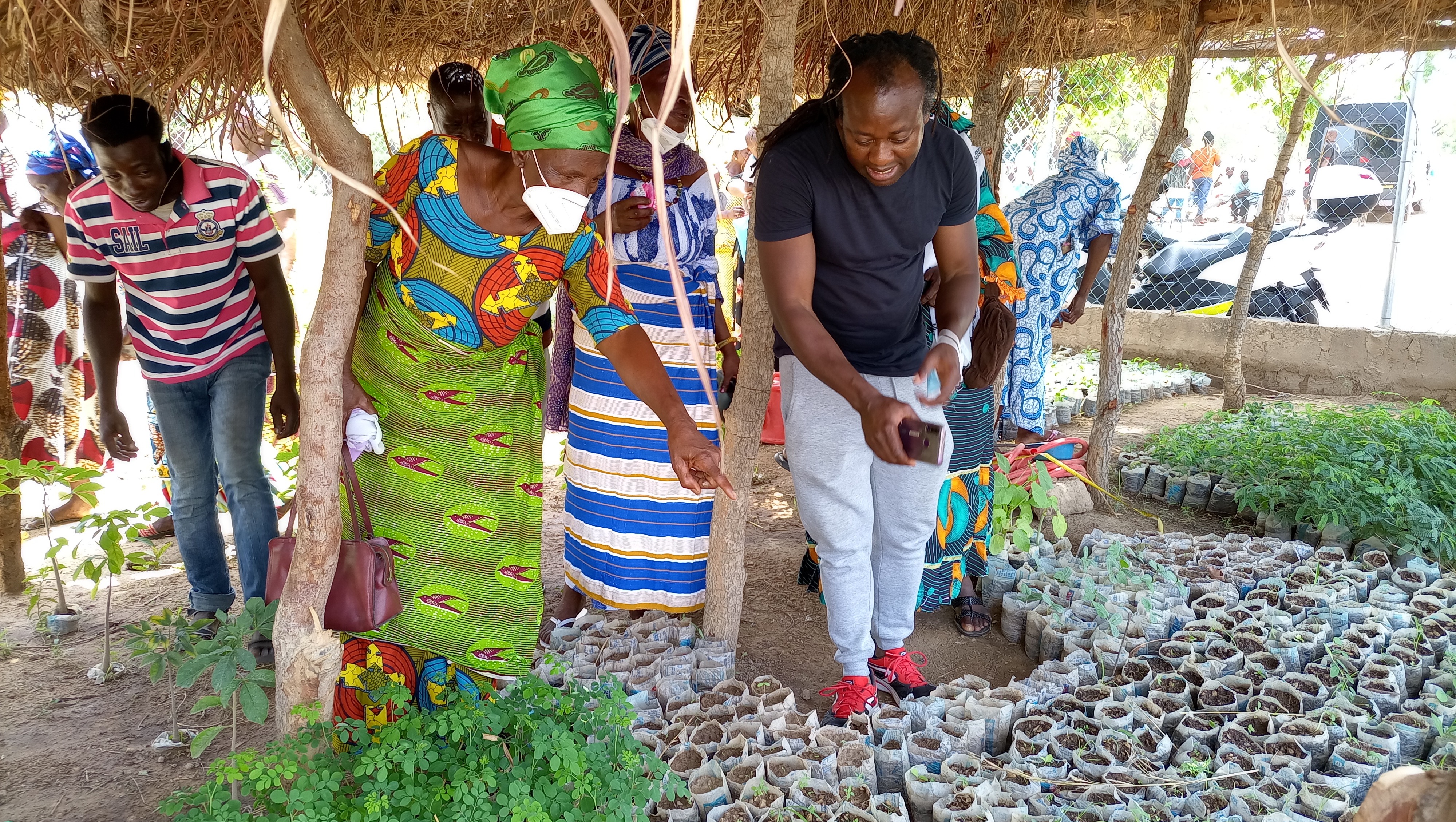
- WIACT has already built five native tree nurseries at local jr. high schools. Elder women taught staff and kids how to germinate seeds of species after first attempts failed, and traditional hunters hiked deep into forests to find Rosewood trees and get seeds.
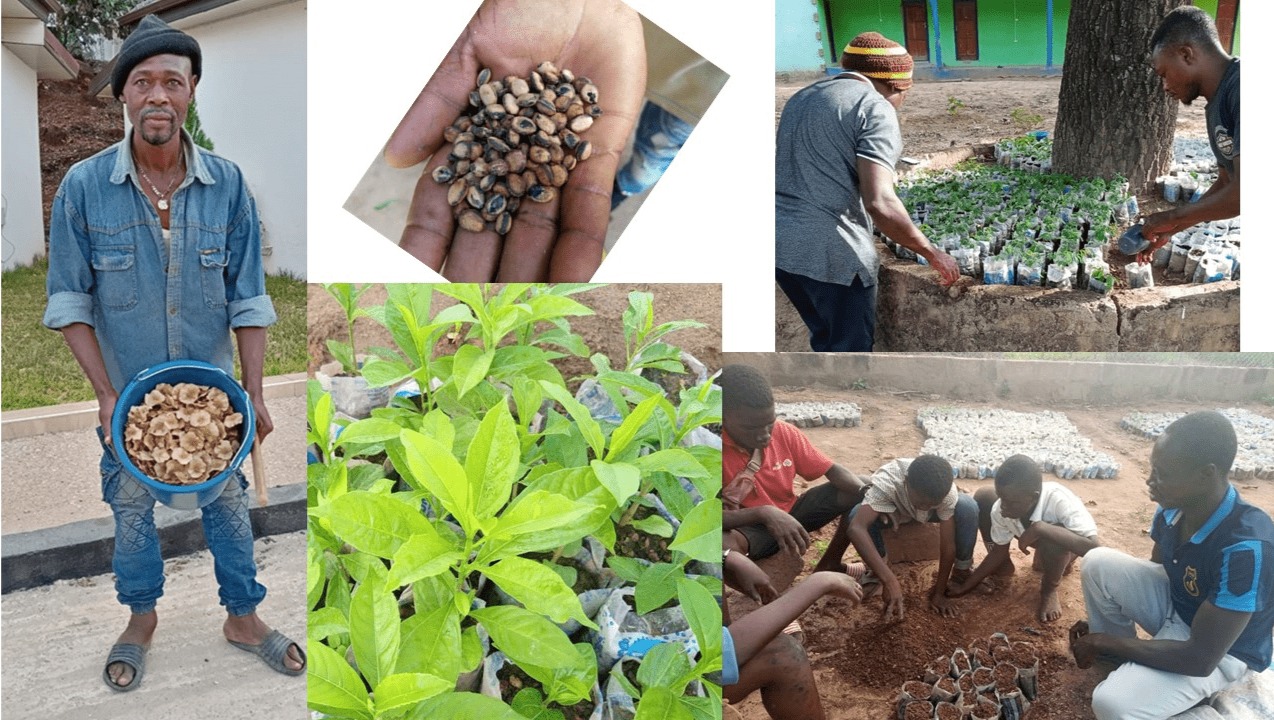
- Local Chiefs have offered sites to transplant seedlings and will oversee their care until they reach maturity.
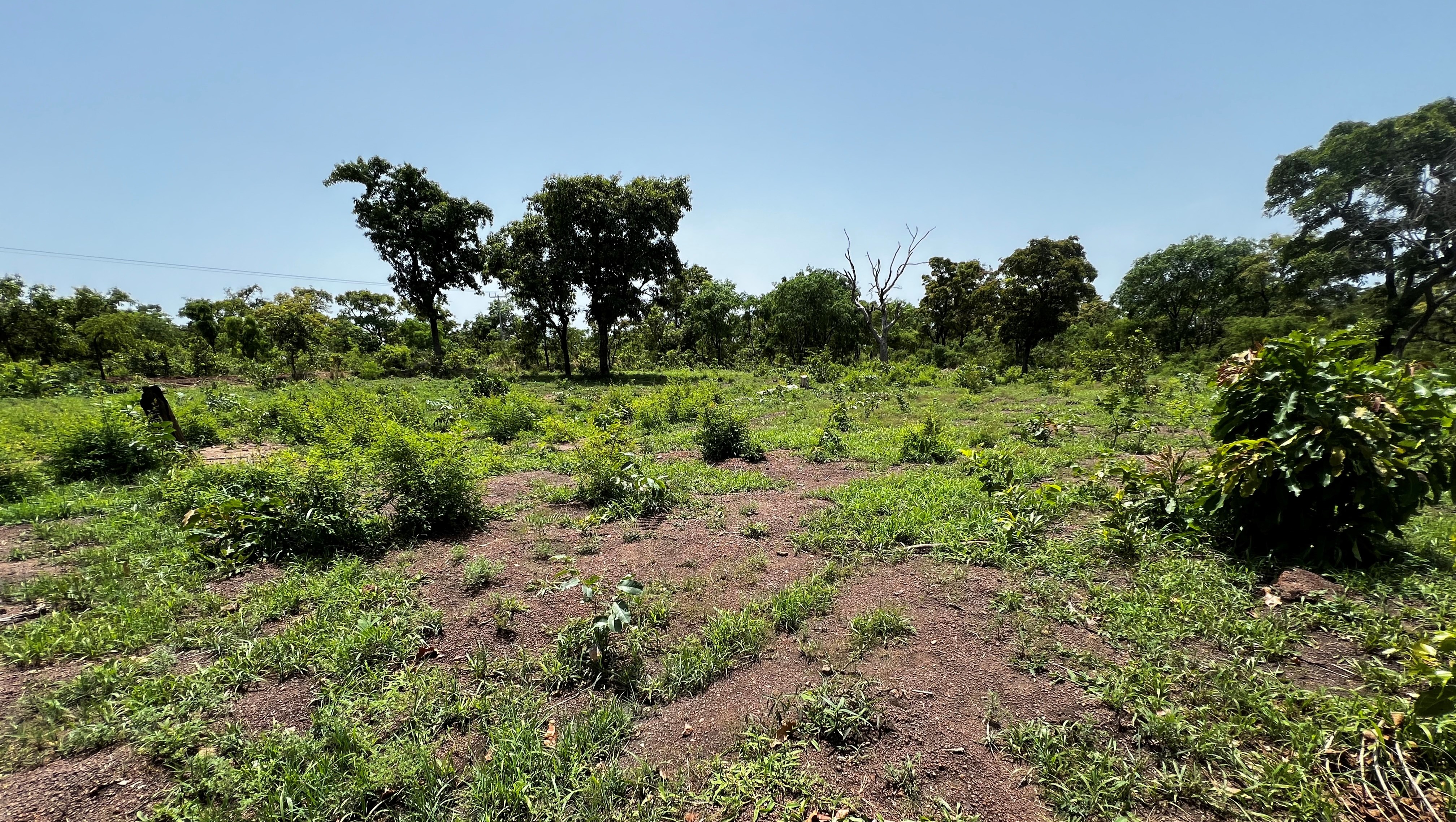
A site NW of Sawla
- We have starting curricula: a children’s book about six kinds of native trees and in-progress Savannah Region field guides for K12 students and community members. Gonja elders provided the names of over 2000 species of native trees, plants, animals, insects, snakes, fish, and birds in Gonja language, and basic information about behavior and habitats.
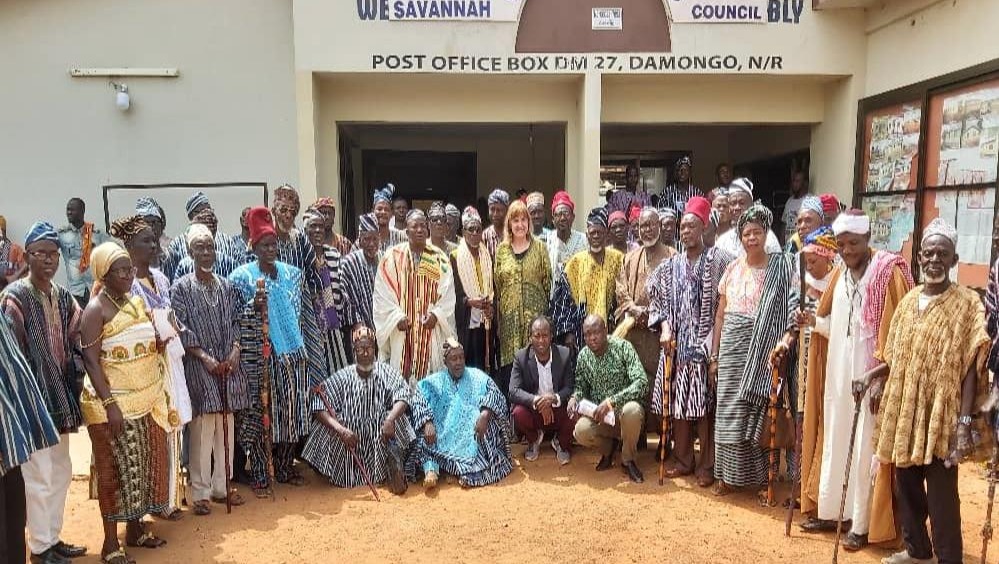
Our curricula send kids to go sit with elders & learn more.
Your contribution will make a practical and very significant contribution to the kids, communities, native species in Savannah Region, and to the world.
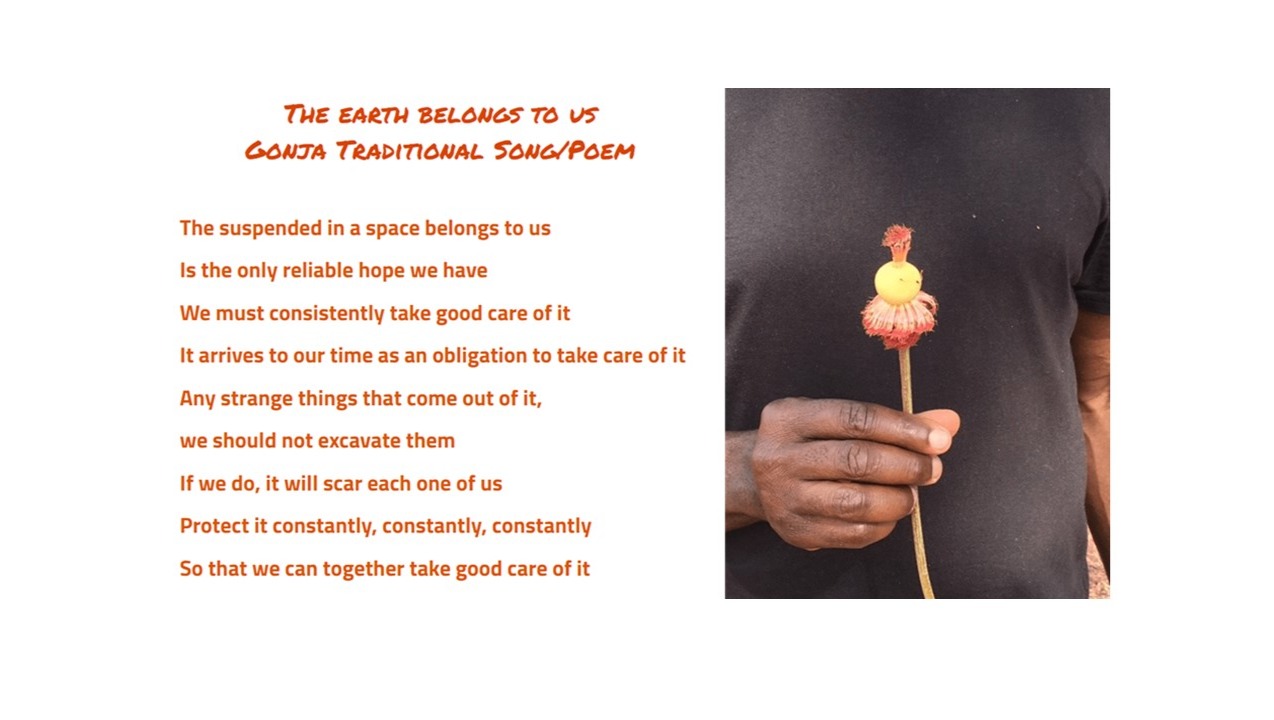
Thank you for contributing! We will provide regular updates on progress.
Organizer
Mette Brogden
Organizer
Tucson, AZ